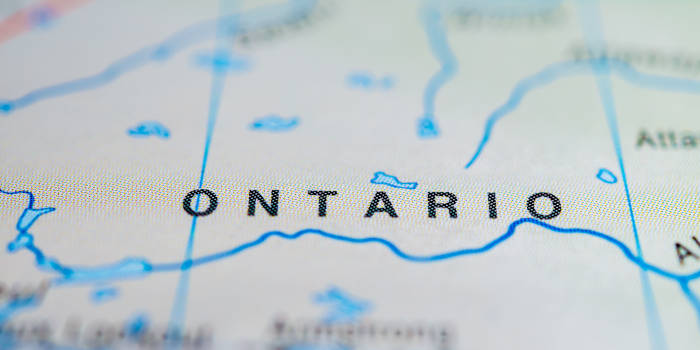Californian Cardrooms Fear New Tribal Laws Might Put Them Out of Business

The feud between commercial and tribal gambling deepened in California as two cardrooms accused an Indian initiative of being anti-competitive and filed a lawsuit.
The Cardrooms Consider the Act to Be Anti-Competitive
The initiative in question is a ballot called California Sports Wagering Regulation and Unlawful Gambling Enforcement Act. It is endorsed by nine of the local tribes and envisions the legalization of sports betting, craps, and roulette at Indian-owned venues. The ballot will also provide the latter with the ability to sue their commercial competitors.
Hollywood Park Casino and Cal-Pac Rancho Cordova raised their voices, strictly opposing the ballot, which is scheduled for November 2022. According to the two cardrooms, the initiative is in breach of California’s constitution, which reads that ballot initiatives can involve only a single subject.
According to the lawsuit, the ballot has the potential to put dozens of cardrooms out of business. It is worth noting that California has a total of 85 cardrooms, many of which are situated in highly-populated areas. They collectively pay the state over $500 million in taxes and provide workplaces to over 18,000 people. Tribal operators, on the other hand, are exempt from taxation.
The cardrooms argue that the California Sports Wagering Regulation and Unlawful Gambling Enforcement Act is nothing more than a way for Tribal casinos to destroy their competition. Devan Kumar, the general manager of Hollywood Park, noted that the act will allow the Indian-owned operators to “file a stream of lawsuits against cardrooms,” thus completely shutting down any opposition.
“This is not what the initiative process was designed to do, and certainly not what this initiative is advertised to do,” Kumar concluded.
The Tribes Are Hellbent on Having the Act Pass
Meanwhile, the tribes are bullish with their initiative and have collectively fueled the campaign with over $12.5 million. The nine participants are the Agua Caliente Band of Cahuilla Indians, the Barona Band of Mission Indians, the Pechanga Band of Luiseño Mission Indians, the Rincon Band of Luiseño Mission Indians, the San Manuel Band of Mission Indians, the Santa Ynez Band of Chumash Mission Indians, the Soboba Band of Luiseño Indians the Sycuan Band of the Kumeyaay Nation and the Yocha Dehe Wintun Nation.
Other than sports betting, the Tribes envision legalization of table games such as craps and roulette – something that is currently forbidden in California. While the law allows Indian tribes to reach an agreement with the Governor and offer gambling games such as lotteries and slot machines, no operator, tribal or otherwise, is allowed to offer New Jersey and Nevada-styled games.
Cardrooms, on the other hand, are allowed to offer “player-dealer” games. In those establishments, players willingly take the role of the “bank” or assign a neutral third party in that role. The cardrooms have operated under these rules for years and fear that the envisioned changes to the gambling law might put them out of business practically overnight.
To prove their point, the cardrooms launched a petition to the California Supreme Court although the latter decided to refrain from hearing the case.
Yasmin is an iGaming and gaming journalist with over 10 years of writing about various publications. Her experience spans the entirety of iGaming, traditional sports, as well as online poker. She is well-versed in every aspect of online gaming and her wealth of knowledge provides additional substance to our coverage.














